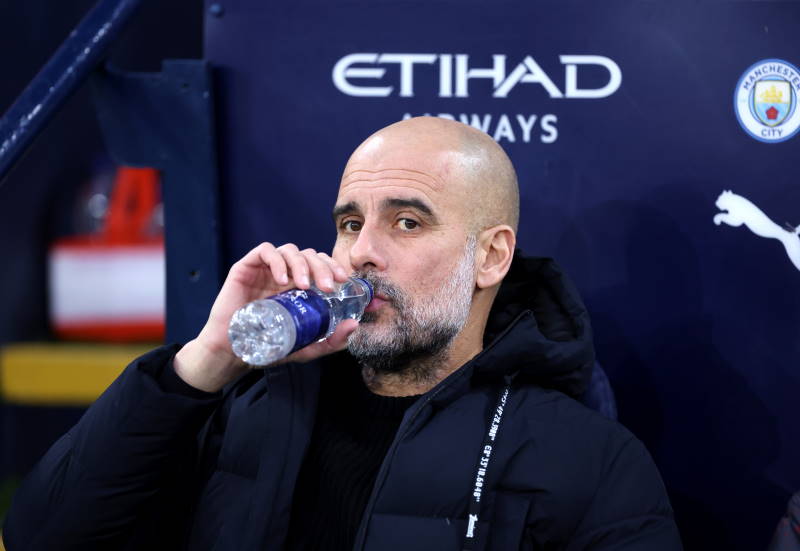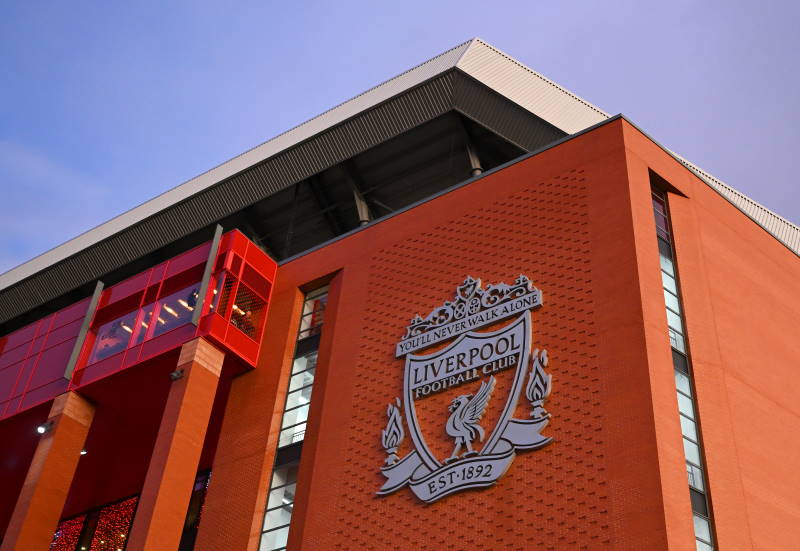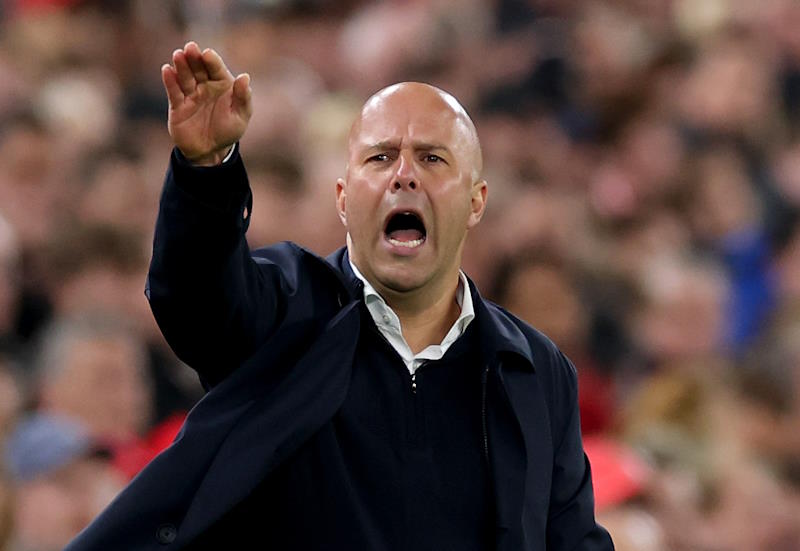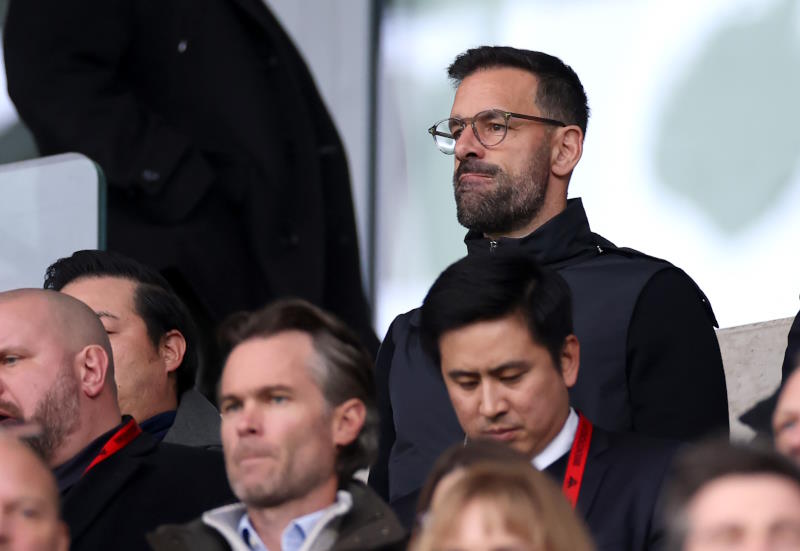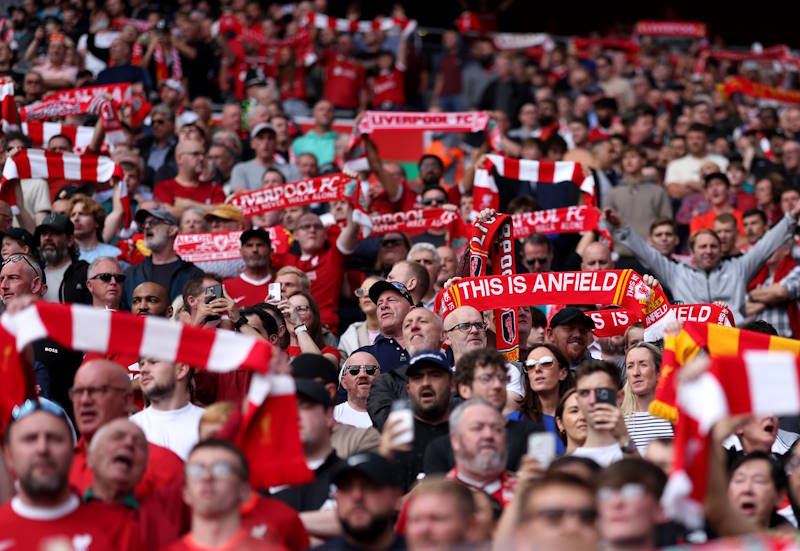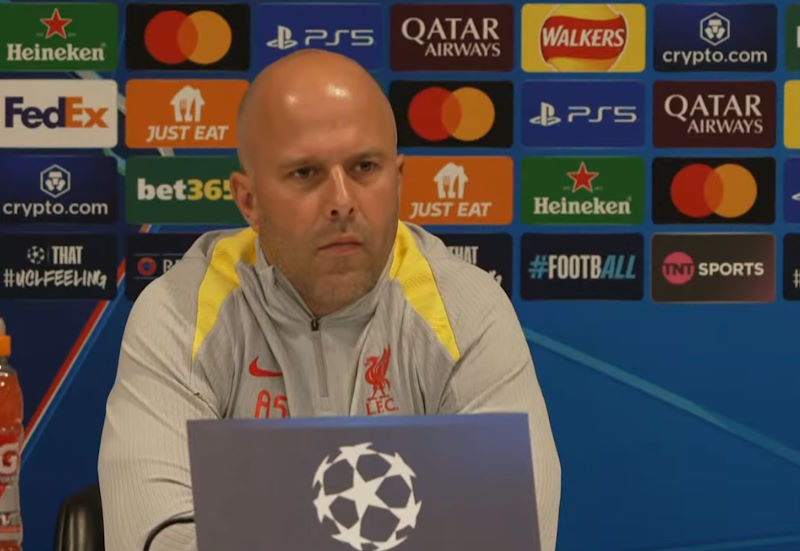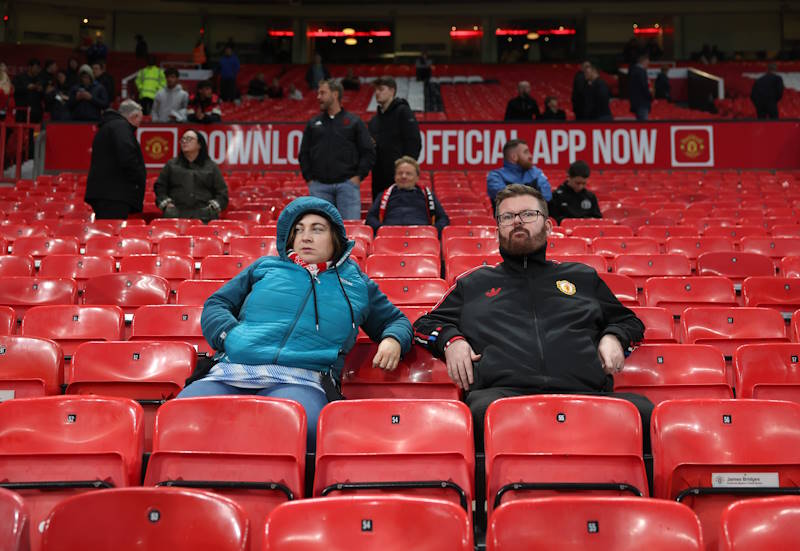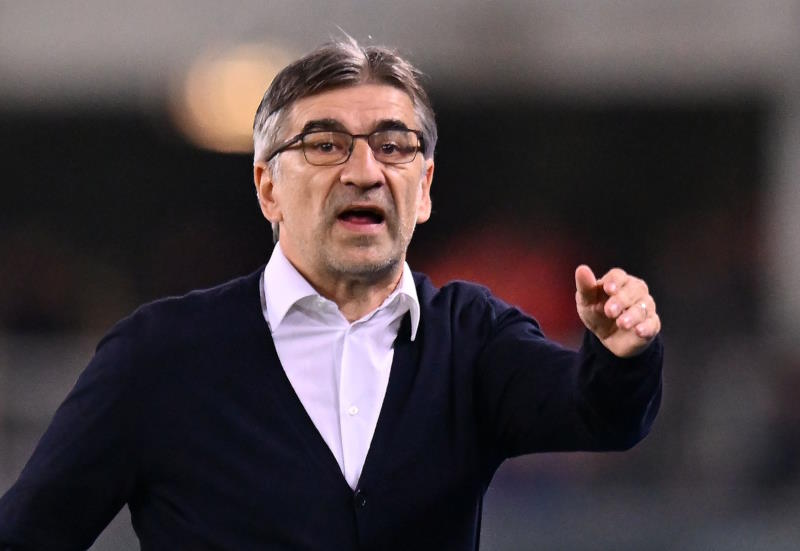
Rainier Plahar
It should not be a surprise that the core of the Egyptian national team has always consisted of players from Al Ahly. After all Ahly means national in Arabic and the Cairo based team is simply the most successful Africa has ever produced. Voted the best African club side of the last century, it would be no surprise if they also retained this title for the next hundred years judging from the way they have dominated all competitions since the turn of the millennium.
This prestigious club, formed in April 1907 by Omar Lofti and Amine Samy, embodies Egypt's fight against colonisation. Indeed when it was first founded as a club, Al Ahly was mainly meant to serve as a meeting place for student union leaders who were then a very crucial body in the fight against British rule. With a board chaired by an Englishman called Mitchell Ince, the club was listed as a limited liability company with a capital of 5000 Egyptian pounds.
In 1925 the well managed club took the bold step of restricting membership of Al Ahly to Egyptians only. The people's club, as Ahly is popularly known, dominated Egyptian football from the start as they swept up the first ten editions of the Egyptian league after it was formally commissioned in 1948. That feat was hardly surprising as Ahly easily had the best players in the country including the legendary El Tetsh and later El Fanagily. Mokhtar El Testh even received the honour of having the home stadium named after him. Sadly that venue is no longer in use however, due to its limited capacity.
Zamalek FC, Al Ahly's fierce and crosstown rivals, brought an end to their stranglehold on the Egyptian league in 1960. This intense rivalry, which is fuelled every year by one of the most feisty derbies in the world, bears some similarities to the famous Milan duel in how they both began. Early in Egyptian football history, Zamalek represented mainly the English and upper classes in Cairo whereas Al Ahly was the club of the lower and working classes. The rivalry was stoked to an irredeemable level when Hussein Higazy, star of Egyptian football back in the 1920s, transferred from Al Ahly to Zamalek. The crafty player even managed to somehow worm his way back to Ahly only to leave again for a second spell with Zamalek before hanging up his boots.
In the 1980s, Ahly led by Eyptian legend Mahmoud El Gohary began another cycle of success. Gohary, after building on a firm foundation left by Hungarian coach Nandor Hidekuti, who had earlier managed Ahly from 1973 to 1980, dominated the Egyptian league winning it six times in that decade alone. 1982 also saw Ahly finally lifting their first continental trophy with a side that starred 1983 African Footballer of the Year Mahmood El Khateeb. Since then Ahly have dominated Africa consistently sweeping up over 12 continental trophies and winning the prestigious African Champions League an amazing six times, a record unequalled by any other African club.
Since the turn of the century Ahly have simply been invincible at continental level. They began with Portuguese coach Jose Manuel, who led them to no less than four continental trophies and countless domestic successes. The pinnacle came with an astonishing winning streak in the 2005 season when Ahly went through the Egyptian league unbeaten, only dropping four points in the process against Ennpi and El Masry.
 The achievements don't end there though. Ahly are also the first African team to compete in the Club World Cup and currently hold the highest number of appearances in that tournament, with their best place being a bronze medal in 2006. It is hardly surprising therefore that the Egyptian national team's renaissance in the past few years has coincided with Ahly's dominance. Most of the key players in the national team are all Al Ahly products. Indeed, the majority of them still play with Ahly. Popular names like El Hadary, Wael Gomaa and Mohammed Aboutreka readily spring to mind.
The achievements don't end there though. Ahly are also the first African team to compete in the Club World Cup and currently hold the highest number of appearances in that tournament, with their best place being a bronze medal in 2006. It is hardly surprising therefore that the Egyptian national team's renaissance in the past few years has coincided with Ahly's dominance. Most of the key players in the national team are all Al Ahly products. Indeed, the majority of them still play with Ahly. Popular names like El Hadary, Wael Gomaa and Mohammed Aboutreka readily spring to mind.
Al Ahly are easily one of the most supported teams in Africa, the Arab countries and possibly the whole world. There is also no clear reason to think that these Egyptian giants would go into decline any time soon as their financial stability means they can afford to maintain their star players in sharp contrast to most of their African rivals. Ahly reap the benefits of being a very organised, disciplined and well run club with strict moral values. The playing staff is a tightly knit group with a team spirit forged through years of playing together. All in all other Egyptian clubs see little to make them believe they can break the Ahly strangle-hold.
Spurred on by their passionate fanbase, the people's club from Cairo are sure to be a very strong force to be reckoned with in Africa for a considerable length of time.
Related Articles:

